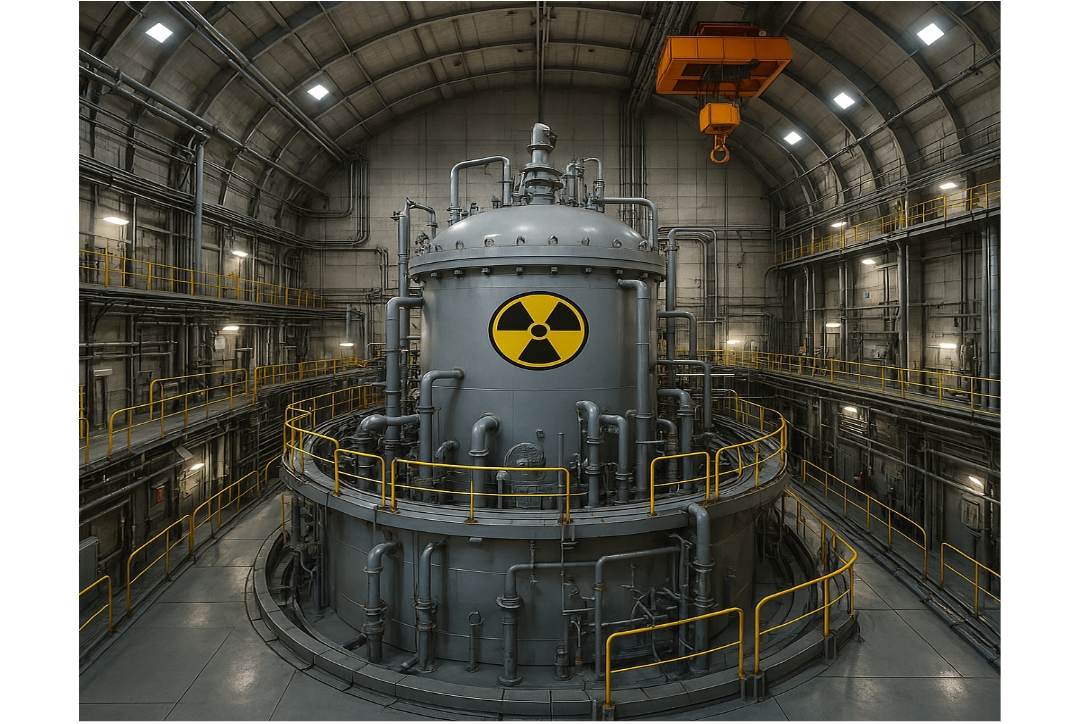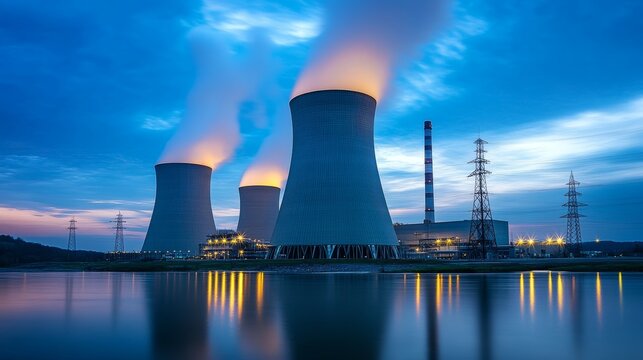As clean energy takes center stage in the fight against climate change, Oklo stock has become a rising topic among investors eager to back next-generation nuclear power. Oklo Inc., a California-based nuclear startup, is developing compact fast fission power plants that utilize both recycled nuclear waste and high-assay low-enriched uranium (HALEU). Their flagship project, the Aurora Powerhouse, is an innovative reactor designed to produce clean, reliable energy for over a decade without the need for refueling. However, recent geopolitical developments and proposed tariffs could have serious implications for the future of the U.S. nuclear industry—and for Oklo stock in particular.
The Global Supply Chain Behind Oklo’s Fuel
One of the key differentiators for Oklo is its ability to recycle used nuclear fuel and utilize HALEU, which allows its reactors to operate with greater efficiency and for longer periods of time. But HALEU isn’t easy to come by. The global supply chain for nuclear fuel is incredibly complex, often starting with uranium mined in Kazakhstan, converted to uranium hexafluoride in Canada, enriched in France, and finally fabricated into usable fuel in the United States.
This long, delicate supply chain means that any disruption—such as tariffs—can lead to increased costs and uncertainty. For Oklo, which relies on HALEU sourced from the Idaho National Laboratory and potentially other global partners in the future, this could present significant challenges. The financial strain caused by higher import costs could affect Oklo’s fuel fabrication plans and, by extension, investor confidence in Oklo stock.

The U.S. Nuclear Supply Chain: Global by Necessity
To fully grasp the challenges ahead for Oklo stock, it’s important to understand the nuclear fuel supply chain that powers the U.S. nuclear industry. Despite operating the world’s largest fleet of nuclear reactors, producing approximately 20% of the nation’s electricity, the U.S. has negligible uranium mining activity and extremely limited domestic conversion and enrichment capabilities.
As of 2023, over 95% of the uranium purchased by U.S. utilities was of foreign origin, with Canada supplying the largest share at just over 25%. Downstream, only about one-third of the conversion and enrichment capacity needed to keep these reactors fueled is located in the U.S. The rest comes from global sources like Canada, the European Union, Russia, and China.
This global interdependence has historically worked thanks to flexible international market mechanisms, allowing U.S. utilities to source fuel reliably and economically. But that system is now under pressure.
Tariffs: A Disruptive Turn for the Nuclear Sector
The Trump administration’s recent trade decisions have already started reshaping this landscape. On March 4, a 10% tariff was imposed on uranium imports from Canada, though it was subsequently removed amid concerns over escalating trade tensions with the EU. However, a 10% tariff on Chinese uranium imports—which were already subject to a 17.5% tariff since February 4—remains in place. Then, on April 2, the administration announced sweeping “reciprocal tariffs” across all major trading partners, imposing a total 34% tariff on Chinese goods and 20% on imports from the European Union. These actions have sent ripples through the global uranium supply chain, exacerbating costs for U.S. nuclear fuel buyers and raising new questions about supply stability—factors that could significantly influence the performance of Oklo stock. Reflecting these concerns, Oklo stock dropped 12.8% over April 3rd and 4th, underscoring investor unease about rising fuel costs and long-term uncertainties in the nuclear energy market. For a deeper look into Oklo’s technology, strategic partnerships, and its broader potential as an investment, check out our earlier coverage on nuclear energy stocks.





























